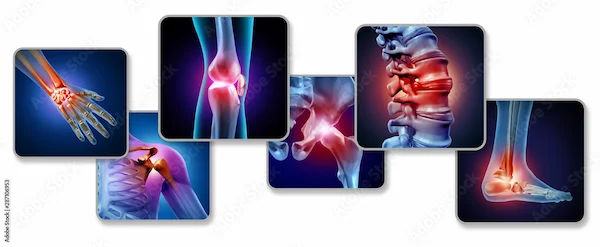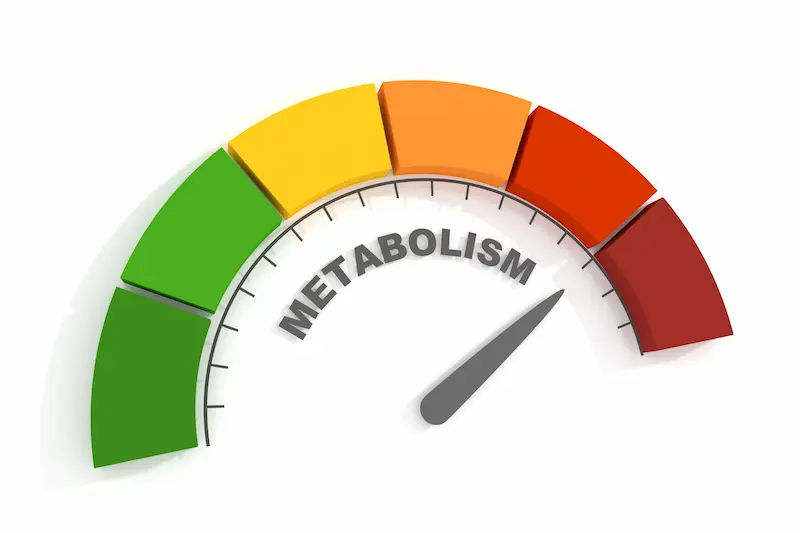Understanding Aquatherapy for Rehabilitation
Discover how aquatherapy supports rehabilitation by improving mobility, reducing pain, and aiding recovery through water-based exercises.

Written by Dr. Shaik Abdul Kalam
Reviewed by Dr. Rohinipriyanka Pondugula MBBS
Last updated on 13th Jan, 2026

Introduction
Rehabilitation after an injury, surgery, or managing a chronic condition can be challenging. Traditional physical therapy helps, but for many, the pain and difficulty of movement make exercises tough. That’s where aquatherapy (or hydrotherapy) comes in—a gentle yet effective way to regain strength, flexibility, and mobility in water.
In this article, we’ll explore what aquatherapy is, how it works, who can benefit from it, and how you can incorporate it into your recovery journey.
What is Aquatherapy?
Aquatherapy is a form of physical therapy performed in water—usually a warm pool—under the guidance of a trained therapist. The buoyancy of water reduces stress on joints, making movements easier and less painful than on land. The water’s resistance also helps strengthen muscles without the need for heavy weights.
How Does It Work?
1. Buoyancy: Water supports your body weight, reducing pressure on joints and muscles. This makes it ideal for people with arthritis, back pain, or recovering from surgery.
2. Resistance: Moving in water is harder than in air, helping build muscle strength gradually.
3. Hydrostatic Pressure: The water’s gentle pressure improves blood circulation and reduces swelling.
4. Warmth: Heated pools (around 90-94°F) relax muscles, easing stiffness and pain.
Who Can Benefit from Aquatherapy?
Aquatherapy is helpful for a wide range of conditions, including:
1. Post-Surgery Recovery
After joint replacements (knee, hip)
Post-stroke rehabilitation
Spinal injuries
2. Chronic Pain & Arthritis
Osteoarthritis & rheumatoid arthritis
Fibromyalgia
Chronic back pain
3. Neurological Conditions
Multiple sclerosis (MS)
Parkinson’s disease
Cerebral palsy
4. Sports Injuries
Sprains, strains, and fractures
Tendonitis
5. General Fitness & Mobility
Elderly individuals with balance issues
Weight management
What to Expect in an Aquatherapy Session?
A typical session lasts 30-60 minutes and includes:
1. Warm-up: Gentle stretching in water.
2. Therapeutic Exercises: Walking, leg lifts, arm movements, and resistance training.
3. Cool-down: Relaxation techniques to ease muscle tension.
A therapist will tailor exercises based on your condition and progress.
Benefits of Aquatherapy
Here are the benefits of aquatherapy:
Reduces Pain & Swelling: Ideal for arthritis and post-surgery recovery.
Improves Mobility & Balance: Helps regain movement without strain.
Strengthens Muscles Safely: Water resistance builds strength gently.
Boosts Circulation: Helps in faster healing.
Enhances Mental Well-being: Reduces stress and anxiety.
Tips for Getting the Most Out of Aquatherapy
1. Stay Consistent: Regular sessions (2-3 times a week) yield the best results.
2. Wear Comfortable Swimwear: Choose clothes that allow free movement.
3. Stay Hydrated: Even in water, your body loses fluids.
4. Follow Therapist’s Guidance: Avoid overexertion.
5. Combine with Land Exercises: For a well-rounded recovery.
Can You Try Aquatherapy at Home?
While supervised therapy is best, you can try simple water exercises in a pool:
Water Walking: Walk slowly in waist-deep water.
Leg Lifts: Hold the pool edge and lift legs sideways.
Arm Circles: Move arms in circular motions underwater.
Note: Always consult a therapist before starting any new exercise.
When to Avoid Aquatherapy?
Aquatherapy is generally safe, but avoid it if you have:
Open wounds or infections
Severe heart conditions
Uncontrolled high blood pressure
Chlorine allergies
Consult your doctor before starting.
Conclusion
Aquatherapy is a gentle, effective way to recover from injuries, manage chronic pain, and improve mobility. Whether you're healing from surgery, dealing with arthritis, or just looking for a low-impact workout, water-based therapy can make a big difference.
If you're considering aquatherapy, talk to your doctor or a physiotherapist to see if it’s right for you. With the right guidance, you can make your rehabilitation journey smoother and more comfortable.
Consult Top Specialists
Consult Top Specialists

Dr. Afreen Banu Khan
General Physician/ Internal Medicine Specialist
12 Years • MBBS, DDM (Diab). FCC (Cardio)
Chennai
Apollo Speciality Hospitals OMR, Chennai

Dr. Ramya Hari
General Practitioner
18 Years • Medical Head & Family Physician, DG Shipping Approved Doctor, Panel Physician - UK Visa Medicals
Chennai
Apollo Medical Centre Kotturpuram, Chennai

Dr Rajashree Dhongade
General Physician/ Internal Medicine Specialist
9 Years • MD.Medicine,Fellowship in Critical Care Medicine (MUHS)
Nashik
Apollo Hospitals Nashik, Nashik
(25+ Patients)

Dr. Neelam Jain
General Physician/ Internal Medicine Specialist
16 Years • "MBBS, DPB ( Dip in pathology and bacteriology)-Mumbai CCEBDM, PGCDM, CCMTD"
Bhopal
Apollo Sage Hospitals, Bhopal

Dr. Promise Jain
General Physician/ Internal Medicine Specialist
20 Years • MBBS, DNB Medicine, TDD, MNAMS, PGCDM, CCEBDM, CCMTD,PGDE Senior Consultant- Internal Medicine Head- Department of critical care Apollo Sage Hospital, Bhopal, MP Intensivist, Diabetes, Thyroid , Physician
Bhopal
Apollo Sage Hospitals, Bhopal




